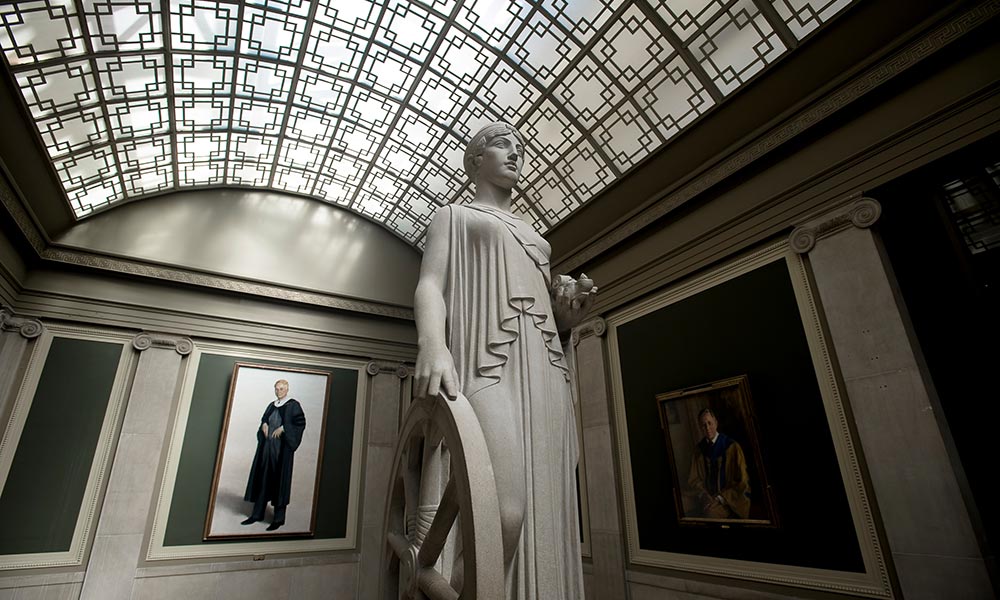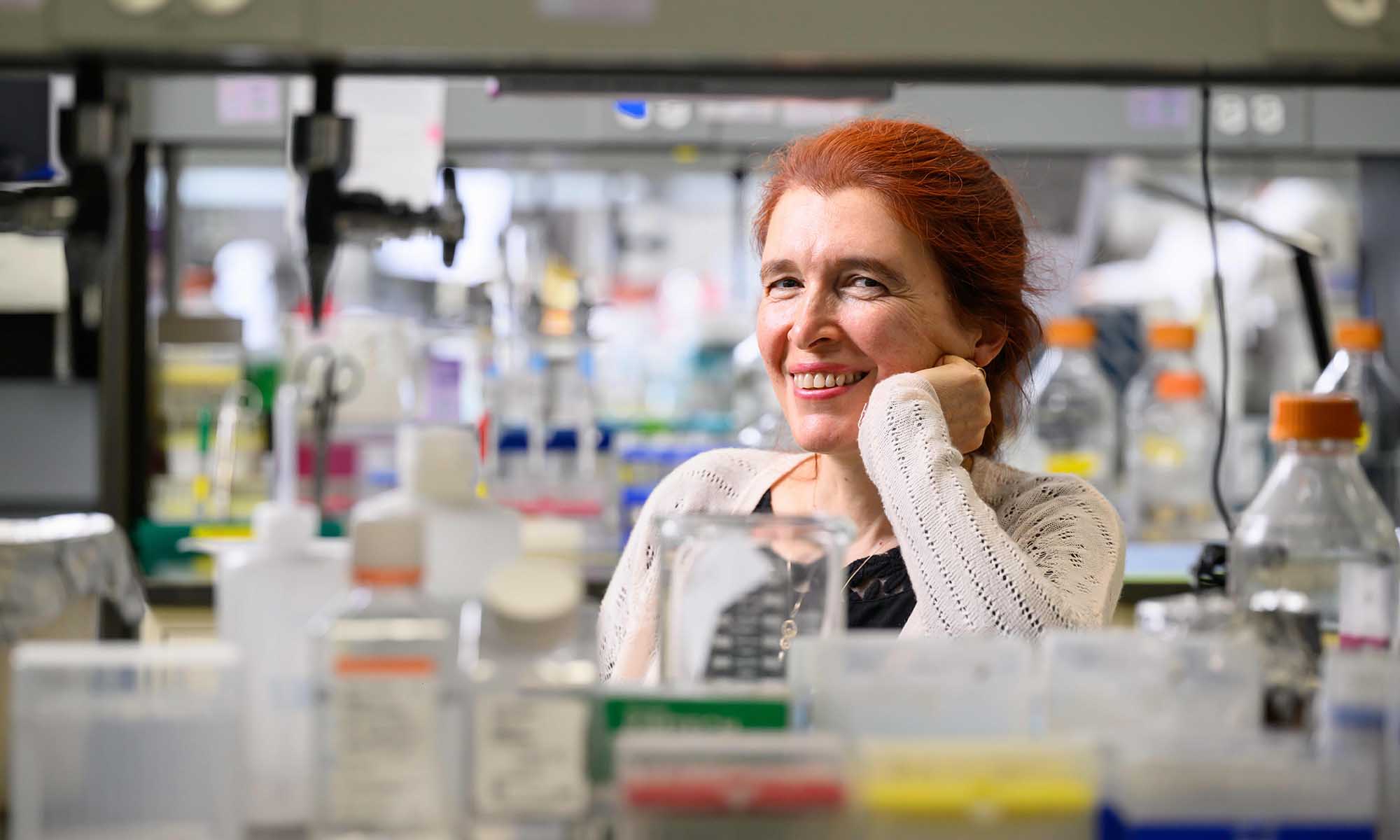Dean of Arts & Sciences Gloria Culver has announced the creation of a Humanities Center, which will support multidisciplinary engagement around literature, history, the arts, and philosophies of cultures past and present with the aim of fostering educated, contributing global citizens. The fundamental goal of the center is to enhance the study of the humanities at Rochester while strengthening the ties to related disciplines, she said.
“I am delighted by the establishment of the Humanities Center,” said President Joel Seligman. “It is an essential step in elevating the role of the humanities at a time when they are under pressure elsewhere.”
Seligman, who supports the Humanities Project with $150,000 from the President’s Venture Fund, has committed a further $100,000 per year while he is president to support the Humanities Center.
Culver announced that Joan Shelley Rubin, Dexter Perkins Professor in History and the history department’s director of graduate studies, had agreed to serve as interim director.
“I am grateful to Joan for assuming the center’s leadership during its critical first year,” Culver said. “She has been a thoughtful advocate for an interdisciplinary humanities center, and her own work on American intellectual and cultural history reflects the richness of her perspective.”
Culver and Rubin said that they had chosen “Humanities at the Crossroads: Charting Our Future” as the center’s theme for its first year. Faculty and students will organize research projects, seminars and symposia around the theme. They expect that these activities will draw on the methods and insights of a variety of disciplines both within and outside the humanities as they address the theme.
Culver said that the first tasks in getting the center up and running will involve initiation of a search for a permanent full-time faculty director and planning for the center’s home in Rush Rhees Library.
Rubin expects very soon to call for applications for Humanities Center junior faculty fellows, external and internal, who will collaborate with Rochester faculty and students on research projects related to the first-year theme. She said that a generous gift from Jay and Deborah Last to strengthen the humanities had made the junior faculty fellowships possible for the next three years.
“The Humanities Center is already off to a strong start on its first day,” Culver said. “The Lasts’ gift, President Seligman’s commitment—and Joan’s leadership—mean that the center already has real momentum.”
The Humanities Center is expected to provide a transformative educational experience by creating an umbrella architecture within which students and faculty can exchange ideas, develop research questions and projects, and explore the application of technology in humanistic studies, Rubin said.
“A shared experience among undergraduate and graduate students, fellows and University faculty is essential for the vibrancy for this center and for it to reach its full impact locally and beyond the University,” Culver said.
Culver said that she expects that the Humanities Center will develop mutually beneficial relationships with successful existing programs including:
- The Andrew W. Mellon Foundation’s funding for innovative graduate programs and the Central New York Humanities Corridor grant, which unite the study of the humanities with the latest technology and offer unique collaborative experiences for graduate students and faculty.
- Projects of the Digital Humanities Center, where students and faculty are already using technology, such as digitization and 3-D visualization, to conduct interactive experiments that would not otherwise be possible.
- The Humanities Project, which illustrates how an annual platform to engage students and faculty on diverse research topics related to humanistic inquiry can inform, inspire, and enrich one’s life. These projects involve the production of art, music, and thought that investigate and contribute to the ethical and aesthetic experience of the world.
Culver said that the exact nature of those relationships will depend on the units involved and on the strategic plan of the Humanities Center.
She said that she expected the permanent faculty director to be deeply involved in developing the Humanities Center’s strategic plan. Some preliminary work will begin on the plan during the coming academic year and that work will accelerate once a permanent director was named.




